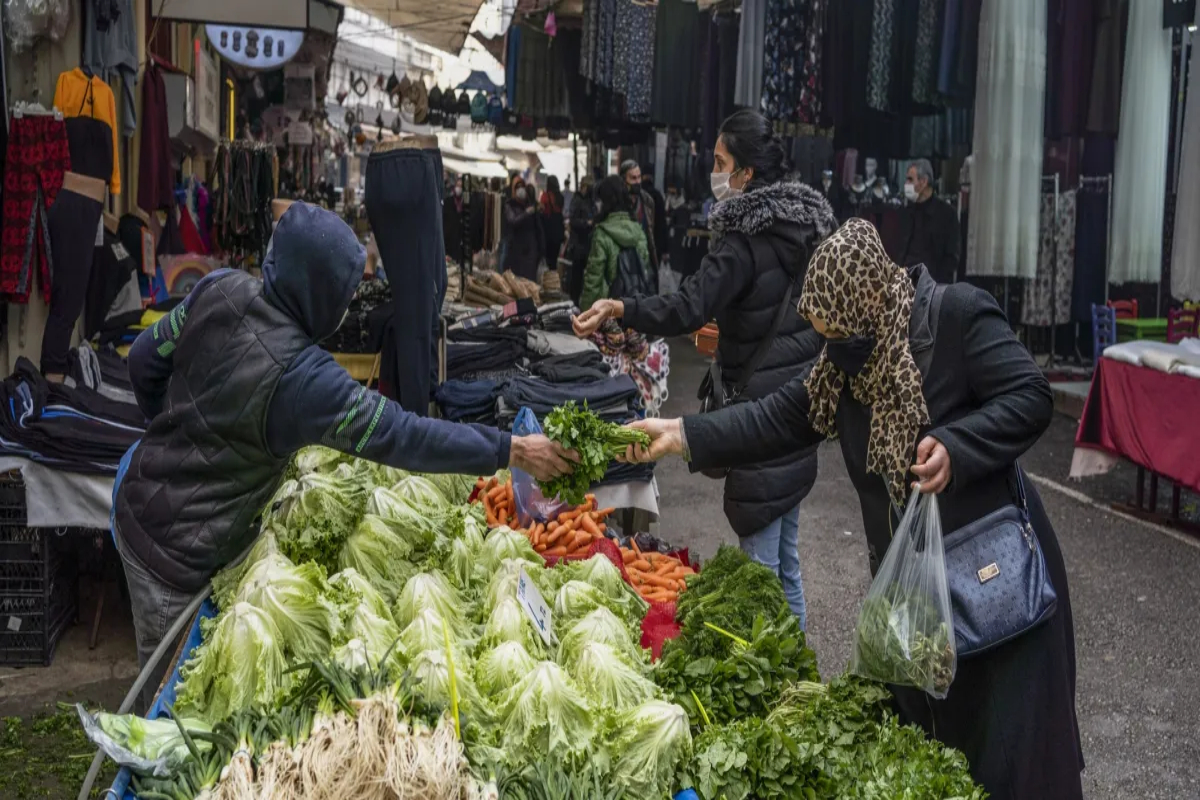- Consumer prices rose by 78.6% year-over-year in June, the fastest increase since 1998.
- Inflation figures came days after Turkish government announced a 30% raise in minimum wage.
- Goldman Sachs raised its inflation projection for the end of the year in Turkey from 65% to 75%.
Analysts warned that Turkey risks becoming locked in a spiral of rising prices and salaries as the country’s inflation rate reached nearly 80 percent.
As a result of President Recep Tayyip Erdogan’s unconventional monetary policy and the impact of the conflict in Ukraine, consumer prices increased by 78.6% year-over-year in June, the fastest increase since 1998.
The percentage was somewhat below the 80 percent consensus prediction of analysts.
Erdogan, who disputes the commonly held belief among economists that increasing interest rates reduces inflation, has instructed the central bank to maintain its benchmark borrowing rate well below the inflation rate.
Consequently, the lira has lost 48% of its value against the dollar during the past year. The currency depreciation has been a major factor in price increases in an import-dependent nation, particularly for energy.
[embedpost slug=”turkey-raises-its-minimum-wage-by-30-percent-in-response-to-rising-prices”]
As a result of Russian president Vladimir Putin’s invasion of Ukraine, the situation has been exacerbated by a jump in the cost of oil and other goods.
The new inflation figures, up from 73.5% in May, came days after the Turkish government announced a 30% raise in the minimum wage – six months after a 50% hike in the base rate of pay.
The Wall Street investment bank Goldman Sachs recently raised its inflation projection for the end of the year in Turkey from 65% to 75%, expressing concern that the most recent hike in the minimum wage could spark a “price-wage spiral.”

















